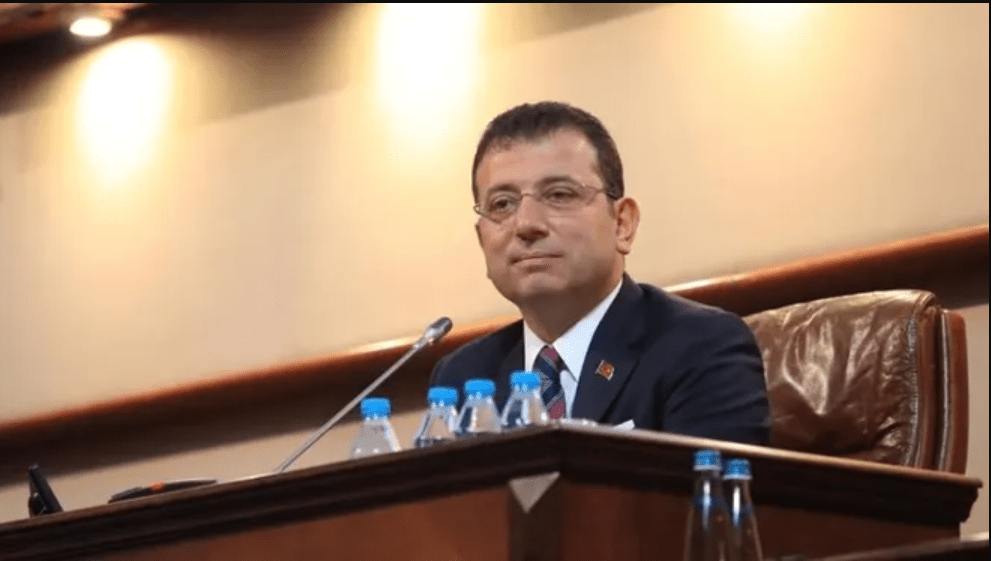Residents of a luxury residential complex in southern Turkey thought their apartments were ‘earthquake-proof’ until last week’s devastating earthquakes caused their buildings to collapse like dominoes, killing hundreds of residents.
Marketed 10 years ago as a “piece of paradise” in its advertisements, the Renaissance Residence has become the focus of public anger.
Survivors stand beside the rubble of what was once a 249-unit apartment block, waiting for news of loved ones whose hopes of survival are fading.
Hamza Alpaslan, a 47-year-old jeweller, told Reuters: “My brother lived here for ten years. We were told it was earthquake-resistant, but you can see the result. It was presented as the most beautiful house in the world. It is in terrible condition. There is no proper cement or iron in it. It is a real hell,” he said.
Eleven days after the earthquake that killed more than 43,000 people and left millions homeless in Turkey and Syria, anger is growing against what Turks see as construction malpractices and deeply flawed urban regeneration initiatives.
The Turkish Ministry of Environment, Urbanisation and Climate Change estimates the number of buildings destroyed or severely damaged at 84,700.
While the buildings of the Renaissance Residence complex collapsed, many old buildings nearby remained standing.
“We rented this place as an elite and safe place,” said a woman who lost two daughters under the rubble.
Christian Atsu, the missing Ghanaian national footballer who played for Hatayspor, is also known to have lived in this residence.
Dozens of people in Hatay, where the residence is located, have accused contractors of using cheap or inappropriate materials and authorities of approving substandard construction.
Anadolu Agency (AA) reported that the complex’s contractor, Mehmet Yaşar Coşkun, was arrested at Istanbul Airport on Friday evening last week as he was about to board a flight to Montenegro.
According to court records, Coşkun’s lawyer Kübra Kalkan Çolakoğlu told the prosecutor’s office, “The public is looking for a criminal, a perpetrator. This perpetrator has been identified as my client.” The lawyer added that her client denied any wrongdoing.
Construction boom under Erdoğan
Turkey has promised to investigate the collapsed buildings. So far, 246 suspects, including contractors, are under investigation and 27 of them are in police custody.
Justice Minister Bekir Bozdağ said, “The rubble will not be removed without collecting evidence. The fault of everyone responsible for the construction, supervision and use of the building is being evaluated separately.”
President Recep Tayyip Erdogan’s ruling Justice and Development Party (AKP) has placed great emphasis on construction, helping to drive growth during its two decades in power, even as the sector has struggled with a faltering economy over the past five years.
Opposition parties accuse the government of failing to enforce building regulations and misappropriating taxes collected after the massive 1999 earthquake to make buildings more earthquake-resistant.
In the decade to 2022, Turkey dropped 47 places to 101st on Transparency International’s Corruption Perceptions Index, down from 54th out of 174 countries in 2012.
Erdoğan claims that the opposition is spreading lies to discredit the government and block investments.
Three kilometres from the Renaissance Residence is a damaged government building of the Ministry of Environment, Urbanisation and Climate Change. Local residents and activists said important documents related to building safety and quality control were buried under rubble.
Omer Meşe, a lawyer from Istanbul, said that while the homeless were looking for anything they could burn to keep warm, he observed the rubble and tried to salvage what could be vital evidence, even though some documents had been destroyed.
“There were many official documents with original signatures. It is necessary to preserve those documents so that those responsible for this disaster can be brought to justice. The documents include concrete data and earthquake resistance tests.”
“I read that contractors were arrested after the earthquake, but there should be more when we consider the destruction and its scale,” Meşe said.
The Ministry of Environment, Urbanisation and Climate Change said the documents would be transferred to the ministry’s archive in the city and stored digitally.
Zoning amnesty
About 50 per cent of Turkey’s 20 million buildings are in violation of building regulations, industry officials said.
In 2018, the government issued an amnesty to legalise unregistered construction, which engineers and architects warned could put lives at risk.
Around 10 million people applied for the amnesty and 1.8 million applications were accepted. Property owners paid money to register the buildings, which were then subject to various taxes and fees.
The government stated that disputes between the state and citizens should be eliminated and buildings should be legalised.
“Unfortunately, in our country, zoning amnesty is seen as a public boon in one form or another,” said lawyer Ömer Meşe.
prepared by fikrikadim (ancient idea) editors





